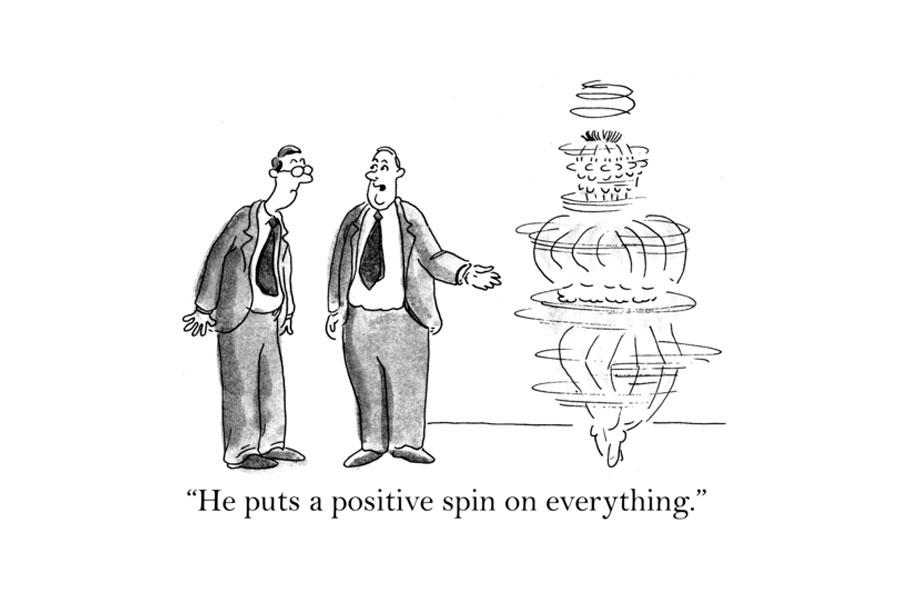Every year the UK universities publish statistics about the high number of graduates that get into employment, but they forget to mention how stressful and full of rejection looking for a job could be. This is especially true for young, motivated and inexperienced students or graduates who are searching for the right position, but it just keeps slipping away. Yes, we've all been there.

Remember going to an interview excited and a bit nervous (or maybe very nervous)? Were you trying to recall your well-prepared, rehearsed interview answers, and wondering if the people around you could see you mumbling under your nose? And then remember going back home with the feeling that something didn't go quite right? Maybe you got too nervous, maybe you couldn't answer the questions, or maybe you weren't that well-prepared after all.
There are thousands of different reasons why you might not get the job you are applying for, but the key thing is to learn from your failure and to use your experience to help you in the future. So here is what you should focus on when you don't get the job you wanted:
1. Accept your failure
When we get rejected for a position our initial feelings are anger and/or disappointment. After all we've put so much effort in preparing and applying and now it seems it's all been in vain.
- Don't get obsessed with what has happened, don't get discouraged and don't take it personally. Accept it and try to move on.
- There are so many external factors affecting the outcome of your application. Maybe there was a more qualified candidate, maybe they hired someone who already worked in the company, or maybe you just didn't fit there.
- So many people try too hard to impress a potential employer, forgetting that this is a two-way street, and the employer should impress you as well.
- Think about it, were you a good fit, could you see yourself working with these people, did you like the working environment? If the answer is "no" or "not sure" then it is probably for the best that you didn't get the job.
2. Reflect on your experience
So what did you learn?
Maybe you didn't get the job because of factors that are actually in your control. Did you thoroughly prepare for the interview, did you research the company, did you really want to work for them in the first place? It is often that we apply for jobs to give ourselves the security of different options and just after that decide if we really want to work there. Whatever the reason, try to think about what you could have done better and next time do it.
3. Focus on motivation and self-improvement

Draw motivation from your failure. Get angry if you have to, tell yourself that you can do better and actually do better. Use this experience as a building block for your career. It was another opportunity to impress an employer, it was a good practice for you and now you know how to improve.
4. Do not lower your requirements
Pursue what you want and don't let rejections demotivate you. Maybe you applied for 10 dream jobs and got rejected from all? So? Does that mean you need to go for any job, accept any conditions and just say "yes" to every interview question?
No. Remember what you are looking for, what job would make you happy and would help you learn and develop.
5. Ask for help and advice
You keep applying but you don't get results no matter how hard you try? Well, maybe it is time to ask for help.
- Every University has career services available to students that can help you with CV writing, applications and interviews, so why not try them? They could provide you with expert advice and even connect you with potential employers.
- And if you haven't already, ask the interviewer for feedback. Even if they sugar-coat it, it's at least a step in the right direction.
6. Do not be afraid of failure
"Success is not final, failure is not fatal: it is the courage to continue that counts." ~ Winston Churchill
Do not let the fear of failure prevent you from getting the job you want. Everyone fails and everyone gets rejected but it is the drive to succeed that will differentiate you from the rest.
Now look back and think about that interview that didn't go quite well. Did you lose anything by not getting the job or did you actually learn something new about yourself?
Like this article? Why not read 8 Interview Questions that Catch Graduates Out




